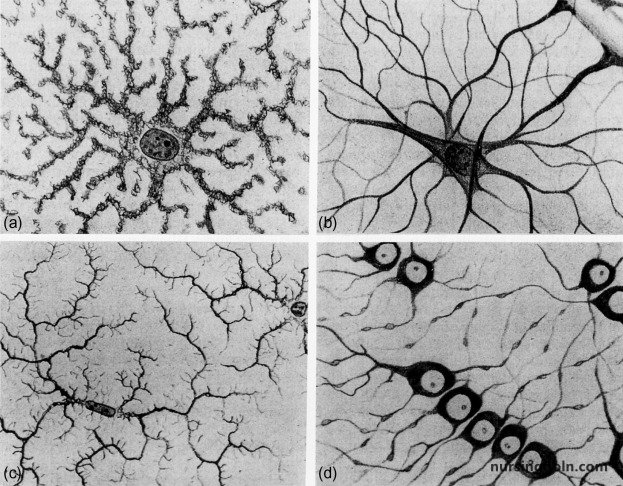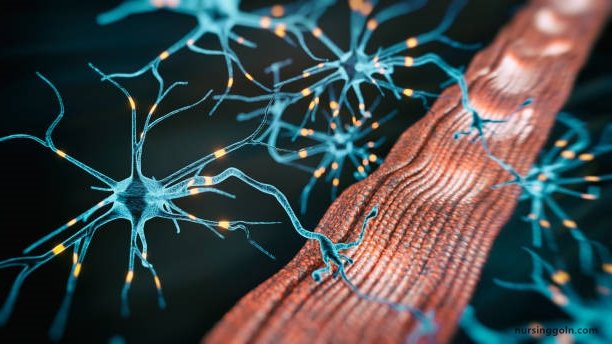Today our topic of discussion is ” The Endocrine Pancreas “. The endocrine system, the body’s vast network of hormone-releasing glands, plays an essential role in almost every physiological function. Nestled within this system is the pancreas, an organ with both endocrine and exocrine functions. While the pancreas’s exocrine role involves digestive enzyme secretion, its endocrine role is instrumental in blood sugar regulation.
This article delves into the endocrine function of the pancreas, highlighting its significance, mechanisms, and associated disorders.

The Endocrine Pancreas: The Endocrine System
1. Introduction: Pancreas Unveiled
Located deep within the abdominal cavity, behind the stomach, the pancreas is a spongy, tadpole-shaped organ. Its endocrine function is performed by the islets of Langerhans, clusters of cells scattered throughout the pancreas.
2. Islets of Langerhans: The Endocrine Units
The islets of Langerhans contain three primary cell types:
2.1 Alpha Cells
- Hormone Produced: Glucagon
- Role: Glucagon increases blood sugar levels by promoting the breakdown of glycogen (stored sugar) in the liver.
2.2 Beta Cells
- Hormone Produced: Insulin
- Role: Insulin decreases blood sugar levels by promoting sugar uptake by body cells and sugar storage in the liver.
2.3 Delta Cells
- Hormone Produced: Somatostatin
- Role: Somatostatin modulates both insulin and glucagon secretion.

3. Blood Sugar Regulation: A Balancing Act
The primary role of the endocrine pancreas is to maintain glucose homeostasis:
3.1 High Blood Sugar (Post-meal)
Following a meal, as blood sugar levels rise, beta cells secrete insulin, ensuring cells absorb glucose and excess glucose is stored in the liver.
3.2 Low Blood Sugar (Fasting or between meals)
During fasting or in between meals, blood sugar levels drop. Alpha cells then release glucagon, signaling the liver to break down stored glycogen into glucose, raising blood sugar levels.
4. Intricacies of Insulin: More than Just Blood Sugar
While insulin’s primary function relates to glucose, it also plays roles in:
- Fat Storage: Insulin facilitates fat storage by inhibiting fat breakdown.
- Protein Synthesis: It aids in transporting amino acids into cells and promotes protein synthesis.
- Cell Growth and Differentiation: Insulin has mitogenic effects, playing a role in cell growth and specialization.
5. The Endocrine Pancreas and Metabolism
The pancreas’s hormones play pivotal roles in the body’s metabolic processes:
5.1 Carbohydrate Metabolism
Insulin promotes glucose uptake by cells, its storage as glycogen, and its use in energy production.
5.2 Fat Metabolism
Insulin promotes fat synthesis from excess glucose and inhibits the breakdown of fat stores.
5.3 Protein Metabolism
Insulin fosters protein synthesis by enhancing amino acid uptake by cells.
6. Disorders of the Endocrine Pancreas
The endocrine pancreas’s dysfunction can lead to significant metabolic disorders:
6.1 Type 1 Diabetes Mellitus
- Nature: Autoimmune destruction of beta cells.
- Result: Insufficient insulin production.
- Treatment: External insulin administration.
6.2 Type 2 Diabetes Mellitus
- Nature: Body cells become resistant to insulin.
- Result: Despite normal or elevated insulin levels, blood sugar remains high.
- Treatment: Lifestyle changes, oral hypoglycemic agents, and potentially insulin.
6.3 Hypoglycemia
- Nature: Abnormally low blood sugar levels.
- Causes: Excessive insulin, prolonged fasting, or specific tumors.
- Treatment: Glucose administration.
6.4 Pancreatic Tumors
Rare tumors, like insulinomas, can produce excessive insulin, leading to hypoglycemia.
7. The Evolving Understanding of the Endocrine Pancreas
Recent research unveils more about the pancreas:
- Plasticity of Pancreatic Cells: Studies suggest alpha cells can transform into beta cells, hinting at potential therapeutic avenues for diabetes.
- Role of the Microbiome: Gut bacteria might influence the endocrine pancreas’s health and function.
- Pancreatic Cell Transplants: Transplanting islet cells is being explored as a potential cure for type 1 diabetes.

8. Conclusion
The endocrine pancreas, though a small component of the endocrine system, plays an indispensable role in maintaining metabolic harmony. Its seamless operation ensures our body’s cells have the energy they need while storing excess for future use. Understanding its intricacies not only offers insights into human physiology but also offers hope in combating metabolic disorders that plague modern society.
